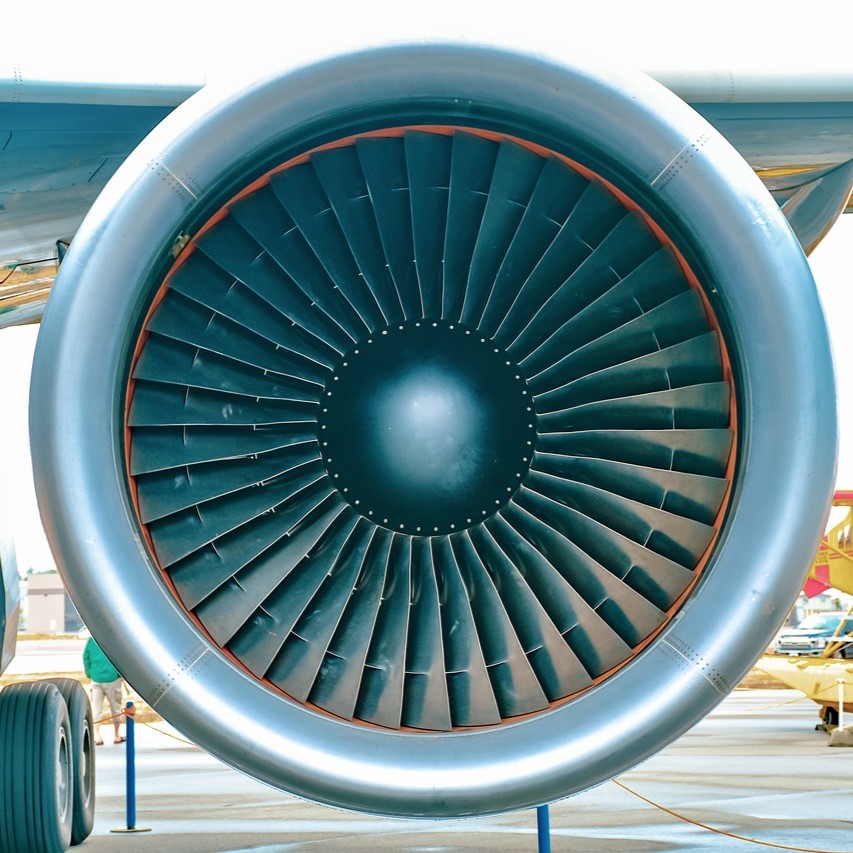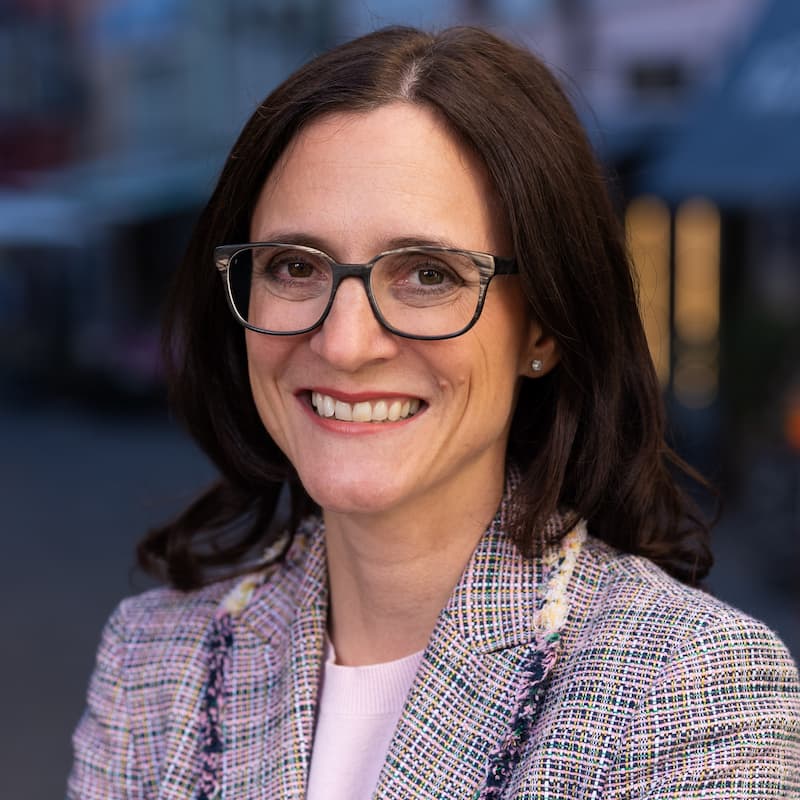ESG
Julius Baer Partners With Cathay Pacific Over Sustainable Aviation Fuel

Sustainable aviation fuel, which is made from biogenic waste such as used cooking oil and animal fat waste, emits about 80 per cent less lifecycle C02 emissions compared with conventional jet fuel, its proponents say.
Julius Baer has
partnered with Cathay Pacific to promote the use of sustainable
aviation fuel (SAF), the first time the Swiss private bank has
forged such a pact outside Europe.
In 2023, Julius Baer collaborated with Swiss International
Airlines and Lufthansa Group.
Such a move highlights how private banks – whose staff have often
flown to and from major financial centres to see clients – are
keen to burnish their ESG credentials. Working practices have
changed in recent years, however, in part because of the
pandemic, and rising fuel costs.
SAF, which is made from biogenic waste such as used cooking
oil and animal fat waste, emits roughly 80 per cent less
lifecycle CO2 emissions compared with conventional jet fuel.
Although SAF faces certain limitations such as production
volumes, it is an important lever for the aviation industry to
reduce its emissions, Julius Baer said in a statement.
“By supporting the use of SAF, we are taking an important step as
a responsible wealth manager in reducing our carbon footprint and
contributing to the aviation industry’s transition towards net
zero,” Yvonne Suter, (pictured) head of sustainability at Julius
Baer, said.

Yvonne Suter
“Together with like-minded partners such as Julius Baer, we are
paving the way for a greener aviation industry and reinforcing
the importance of collective action across various sectors to act
‘Greener Together’ to achieve long-term climate
goals,” Grace Cheung, general manager sustainability at
Cathay Pacific, said.
Julius Baer said it is has committed to achieving net-zero
emissions in its operations by 2030 and to cut air travel by 30
per cent by 2025 compared with 2019.
In 2022, the Zurich-listed bank introduced an internal carbon
price on air travel. The proceeds from this initiative are used
to buy SAF from global airline partners, including Cathay
Pacific, SWISS, and the Lufthansa Group. It also funds two
projects in Indonesia and Panama to restore mangroves and
tropical forests respectively.
In 2023, the bank said it became one of the first Swiss financial
institutions to have its near-term climate targets validated by
the Science Based Targets initiative (SBTi).
This news service has interviewed Airbus Corporate Jets, part of
European aviation conglomerate Airbus, about issues such as
sustainability in jet engines and aircraft design. (See more
here and
here.)
